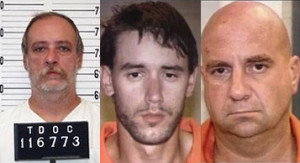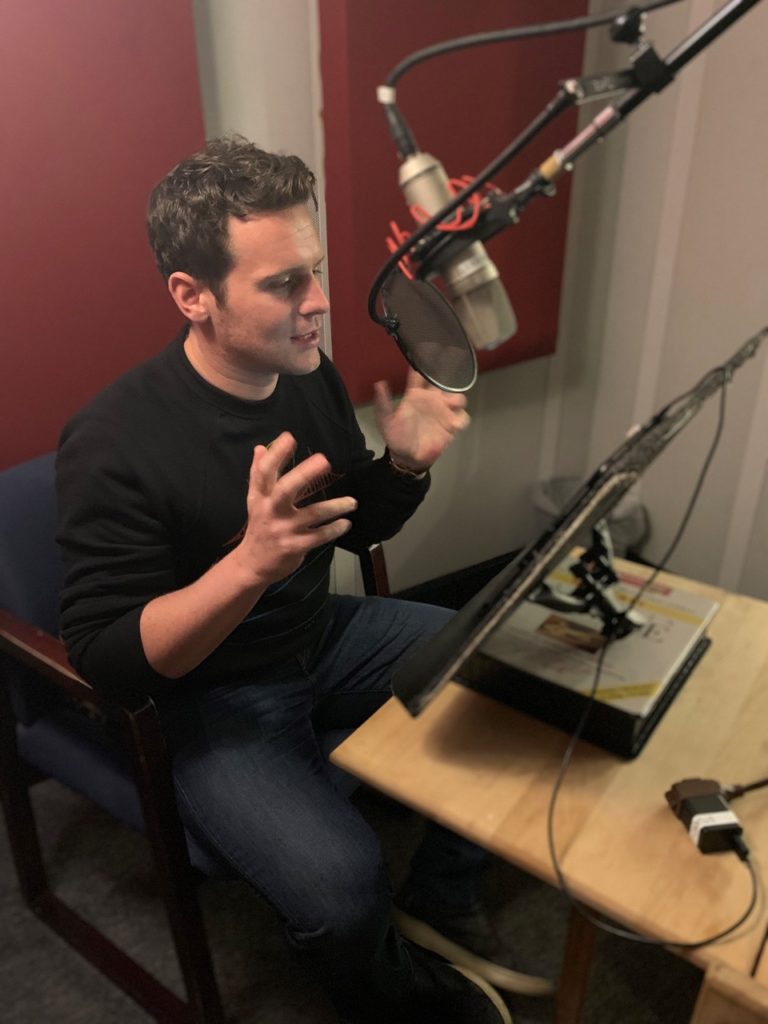On the morning of June 28, 2007, we awoke to learn that a man had died in Tennessee overnight. And, unlike our normal reactions when we learn of any death, we rejoiced.
The man’s name was Sedley Alley. He died by lethal injection at the Riverbend Maximum Security in west Nashville for the 1985 murder of 19-year-old U.S. Marine Lance Corporal Suzanne Marie Collins. Before he took his leave, Alley had been on death row longer than Suzanne was alive on earth.
Now, with last week’s four-to-three decision by the Supreme Court of the State of Connecticut, two men will be spared a final resolution similar to Mr. Alley’s. And, unlike our normal reactions when we learn of any life saved, we grieved.
On the evening of July 12, 1985, while jogging on the Memphis Naval Air Station base in Millington, Tennessee, beautiful, blonde, 118-pound Suzanne Collins was attacked, abducted and hideously assaulted with a tree limb jammed with such force into her vagina that it ruptured internal organs up to her lungs. Sedley Alley, whose wife was a civilian employee on the base, was quickly picked up and charged with the murder. He had been angry that night and had to take it out on someone. Alley admitted the assault and murder, then changed his story three times. But there was never an ounce of reasonable doubt as to his guilt, which a jury confirmed at the conclusion of his trial.
In our recent book Law & Disorder, we recount how Alley’s ex-wife confirmed his guilt to us and admitted the burden she has been living under since that horrible night: that Suzanne died in her place.
We rejoiced at the execution because we had become very close with Suzanne’s parents Jack and Trudy Collins and her brother Steve. Since Suzanne’s death, their lives had been dedicated to achieving justice for her, and that meant her murderer should face the sentence the jury handed down. Though there is never any closure, finally they felt a measure of peace and balance that, to the extent possible, the justice system had done right by them.
The Connecticut Supreme Court ruled last week that in the wake of the abolition of capital punishment in the state, those remaining on death row from previous convictions, would no longer face execution. “This state’s death penalty,” the majority declared, “no longer comports with contemporary standards of decency.”
Two of the 11 individuals on death row are Joshua Komisarjevski, 35, and Steven Hayes, 52, who broke into the house of Dr. William A. Petit, Jr., his wife Jennifer Hawke-Petit, and their teenage daughter Hayley and preteen daughter Michaela in the town of Cheshire, near New Haven. Upon encountering Dr. Petit, they tied him up and tried to bludgeon him to death. Sometime later, unbeknownst to them, he managed to free himself and escape.
After many hours of horror, Komisarjevski and Hayes were apprehended while fleeing the scene when they crashed into two police cruisers. Police had surrounded the house and were preparing for a rescue. Before they could – or did – react, the offenders had raped and assaulted Jennifer, tied the two girls to their beds and set the house on fire in an attempt to destroy evidence. Prior to this, they had forced Jennifer to go to her bank and withdraw money for them. Jennifer was able to whisper a message to the teller and the bank manager immediately alerted the police.
The testimony in Mr. Hayes’s trial was so harrowing that jury members were counseled afterward for PTSD!
There was absolutely no question as to the guilt of these two monsters. Their crime, like Sedley Alley’s, was wanton and cruel beyond the normal imagination to conceive. Dr. Petit feels betrayed by the state’s renunciation of the jury’s verdict. And the state Supreme Court has the gaul to even mention comporting with contemporary standards of decency.
Sparing these lives and using these words to support the decision, we assume, is supposed to demonstrate the contrast between immoral criminals and a moral society. But in our view, it is a false morality. Inhuman is too mild a word to describe what they did, and therefore no human concepts like decency apply.
In a case like this, we prefer concepts like retribution, vengeance and genuine morality. Because we believe the most moral action a society can take is to purge itself of individuals who, by their deeds, have forfeited their rights to human consideration.
We shouldn’t have to share our world with the likes of Mr. Alley, Mr. Komisarjevski and Mr. Hayes. And neither should Jack and Trudy Collins and Dr. Petit.
And that is why we grieve over these two lives spared.




























Here’s the other side of the coin. Richard Glossip is scheduled for execution in Oklahoma in a few days.
I want Glossip’s life saved for a different reason than Sister Helen Prejean. She’s convinced he’s innocent. I don’t know, but what I do know is that the prosecutors got way with withholding exculpatory evidence, from a jury that has the power of life and death placed in their hands.
The Brady law of disclosure seems unenforceable to me. We can’t have a death penalty in an environment where prosecutors are allowed to engage in criminal activity.
http://www.cnn.com/2015/09/12/opinions/prejean-glossip-case/index.html
I agree with you. I’m glad Sedley Alley is dead, just as I’m glad Ted Bundy is dead. I only regret he was not killed in Colorado. Even now we don’t know how many lives might have been saved.
In cases where there is doubt or no physical evidence against a convicted person, of course we must not impose a death sentence. But in cases where there is no doubt? Sure, interview them first, but why would we want to keep them around? They’re useless to themselves and a danger to others.
I hope Suzanne’s parents feel some sense of a chapter closed and can find some peace.
Many people abdicate punishment to a higher power, but if there is a higher power, I can’t imagine it would want to postpone to the afterlife what can be handled justly in this life by those it has equipped with a reasoning brain for just such matters.
Apologies for going off subject here with what may also be a jolt from tragedy to something lighter, but thought most here would appreciate knowing it was announced today that the “Silence of the Lambs” house is now up for sale. Here’s the link IF it will let me post it.
http://pittsburgh.cbslocal.com/2015/08/19/killer-deal-the-silence-of-the-lambs-house-up-for-sale/?utm_content=bufferc6030&utm_medium=twitter&utm_source=social&utm_campaign=cbslocalsports
Mark, you and John Douglas are a rare breed that both passionately defend and attack the death penalty on a case by case basis, from Damien Echols on one hand, to Sedley Alley on the other. Most people who have strong feelings about it are either ideologically opposed or supportive of it.
There have been 155 people exonerated from death row in the US since 1973.
http://www.deathpenaltyinfo.org/innocence-list-those-freed-death-row
That means something is terribly wrong with our justice system. There is currently declining support for the death penalty because of all these exonerations and prosecutors don’t call for it as often.
I can’t comprehend the Collins family’s horror anymore than I can comprehend the horror of sitting isolated in a death row cell for a crime you did not commit. Damien was routinely beaten not because he did anything wrong in prison, it was just policy.
Our own personal life experiences affect our opinions on every topic. I understand that you and John are routinely privy to photos, videos, recordings… of what monsters do that would make the rest of us puke. You also bond with crime victims’ families and share their pain. I understand where you’re coming from.
The best I can offer is what you wrote in “Law and Disorder” that Proof Beyond Reasonable Doubt is not good enough for capitol punishment. It must be Proof Beyond No Doubt Whatsoever. It should be reserved for the worst of the worst. Predators.
Komisarjevski and Hayes fit the bill.
Well said as always, Tom. Thanks for your contribution.
I was about to post a long post on my views of the death penalty, but decided it’s not appropriate here. So I deleted it.
I will only say, I can’t imagine the pain and horror the loved ones of the murder victims endure their whole lives. I pray I never know what they go through. My heart goes out to them and my prayers are for them, because they are the ones who live the loss each day, every day, for their whole lives.
If you feel passionately on the subject – one way or the other – please don’t hesitate to post your views here. An intelligent dialogue is always welcome.